"Serbia's chance slim in Kosovo conference"
Dušan Janjić says that Belgrade would not have a chance to come out victorious in an international Kosovo conference.
Monday, 08.10.2007.
13:54

Dusan Janjic says that Belgrade would not have a chance to come out victorious in an international Kosovo conference. Such a conference is the most logical way to finish the process and the only possible way to fulfill Belgrade’s demands from the moment its officials said that the priority is status, and then technical questions, the political analyst said, adding that it was just a matter of time before the Contact Group reached an agreement on this. "Serbia's chance slim in Kosovo conference" “This is proof that Belgrade is on the wrong path, which it has been on since November 2004,” Janjic said, in relation to the suggestion by Wolfgang Ischinger, the European Union official of the international negotiation Troika, who spoke of a possibility of organizing a negotiation conference, similar to Dayton, at the end of November or beginning of December. “Insisting on status questions which can be discussed at a conference is how Belgrade put itself in a position from which it has little chance to emerge victorious,” Janjic said. He said that Belgrade in this way shortened the process, because the conference never deal with defining a future status, but a final one. “The conference can last for no longer than seven, eight days and then it is over, and when entering a conference, it is important to have the backing of the majority of big powers interested in the issue,” Janjic said, adding that Belgrade entered the conference model in a period of poor international reputation. “Based on all this we will quickly see the true ambitions of Belgrade and whether officials are lying when they say that they do not want a partition. Speeding up the status and coming to Kosovo independence so quickly, when you are talking against it the entire time, can be done only by someone who has a Plan B, which is probably partition,” Janjic said. He also said that Ischinger would not have mentioned the conference idea publicly if there was no readiness on the side of Moscow to accept such a proposition. Janjic said that the other scenario is that Belgrade jumped on the conference idea in order to say that it is not interested in joining the European Union, which according Janjic, would be very dangerous for the country. Serwer: Little use of Kosovo conference Daniel Serwer, vice president of the government-funded U.S. Institute of Peace, said that organizing a Dayton-like international conference on Kosovo would hardly change anything in the ongoing status negotiations. “People should not forget what happened in Dayton. A solution there has been imposed, and I am not sure that the same can happen in this case as well,” he said. “In my opinion, such a conference will not bring about any changes. Everyone will appear with their unchanged positions. The only thing that matters is whether or not the conference could genuinely contribute to finding a solution over Kosovo,” Serwer told the BBC. “I do not believe in a possibility of having a solution with which all parties will be equally happy or unhappy, since both sides are in an all-or-nothing play, where one party will emerge as the winner, while the other will lose,” he concluded.
"Serbia's chance slim in Kosovo conference"
“This is proof that Belgrade is on the wrong path, which it has been on since November 2004,” Janjić said, in relation to the suggestion by Wolfgang Ischinger, the European Union official of the international negotiation Troika, who spoke of a possibility of organizing a negotiation conference, similar to Dayton, at the end of November or beginning of December.“Insisting on status questions which can be discussed at a conference is how Belgrade put itself in a position from which it has little chance to emerge victorious,” Janjić said.
He said that Belgrade in this way shortened the process, because the conference never deal with defining a future status, but a final one.
“The conference can last for no longer than seven, eight days and then it is over, and when entering a conference, it is important to have the backing of the majority of big powers interested in the issue,” Janjić said, adding that Belgrade entered the conference model in a period of poor international reputation.
“Based on all this we will quickly see the true ambitions of Belgrade and whether officials are lying when they say that they do not want a partition. Speeding up the status and coming to Kosovo independence so quickly, when you are talking against it the entire time, can be done only by someone who has a Plan B, which is probably partition,” Janjić said.
He also said that Ischinger would not have mentioned the conference idea publicly if there was no readiness on the side of Moscow to accept such a proposition.
Janjić said that the other scenario is that Belgrade jumped on the conference idea in order to say that it is not interested in joining the European Union, which according Janjić, would be very dangerous for the country.
Serwer: Little use of Kosovo conference
Daniel Serwer, vice president of the government-funded U.S. Institute of Peace, said that organizing a Dayton-like international conference on Kosovo would hardly change anything in the ongoing status negotiations.“People should not forget what happened in Dayton. A solution there has been imposed, and I am not sure that the same can happen in this case as well,” he said.
“In my opinion, such a conference will not bring about any changes. Everyone will appear with their unchanged positions. The only thing that matters is whether or not the conference could genuinely contribute to finding a solution over Kosovo,” Serwer told the BBC.
“I do not believe in a possibility of having a solution with which all parties will be equally happy or unhappy, since both sides are in an all-or-nothing play, where one party will emerge as the winner, while the other will lose,” he concluded.




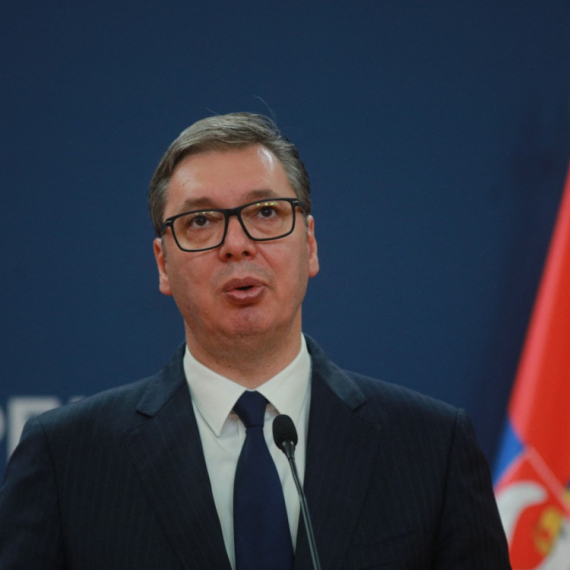
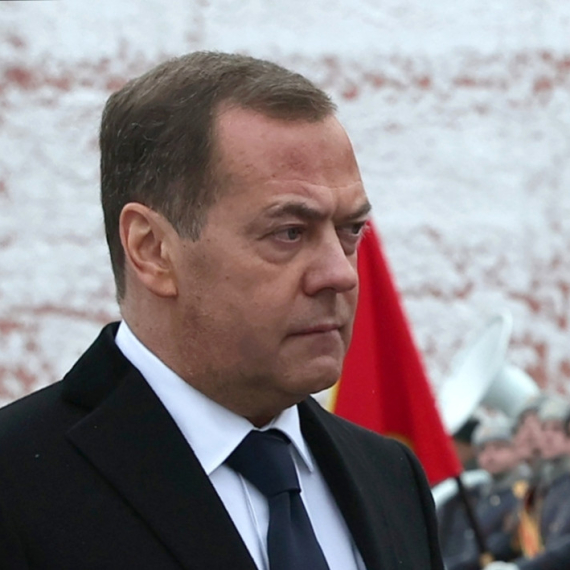






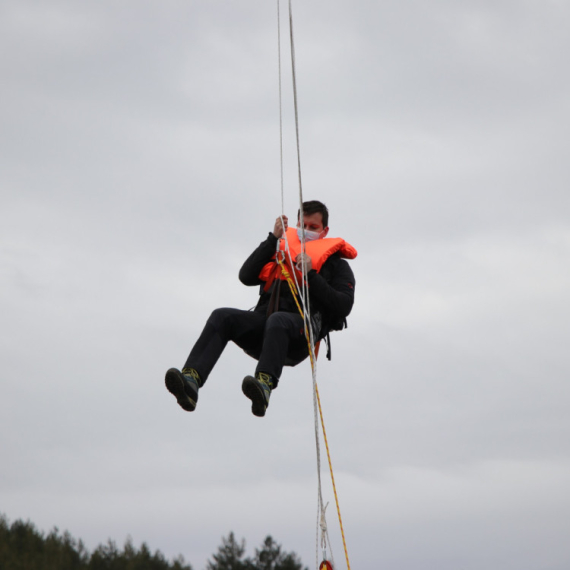

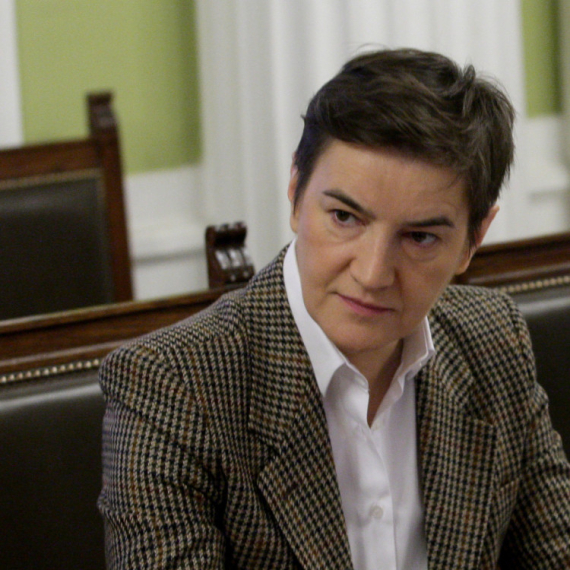












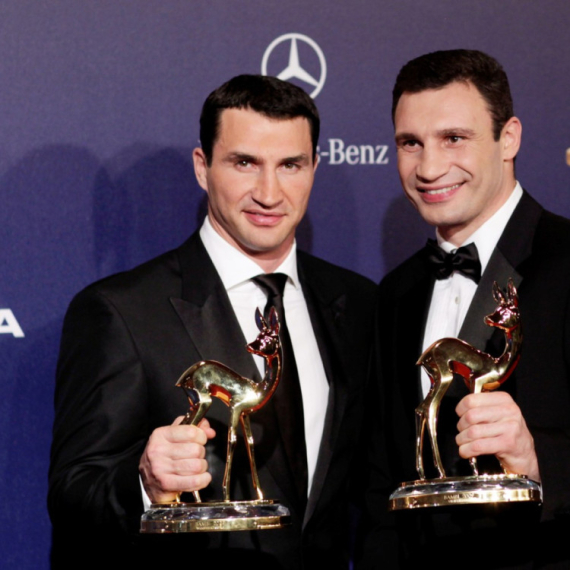








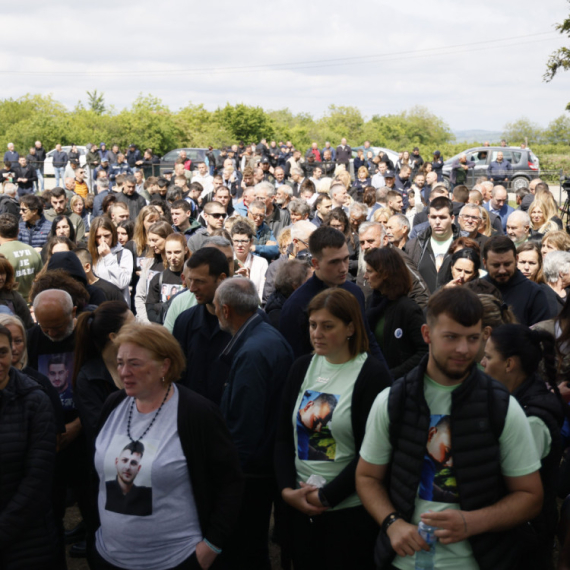
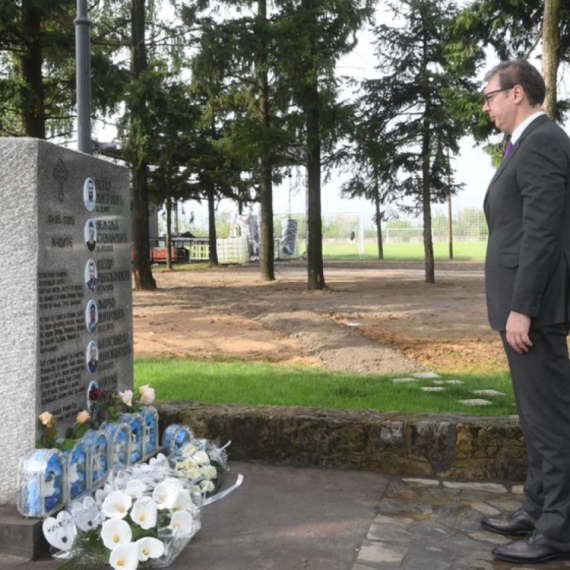

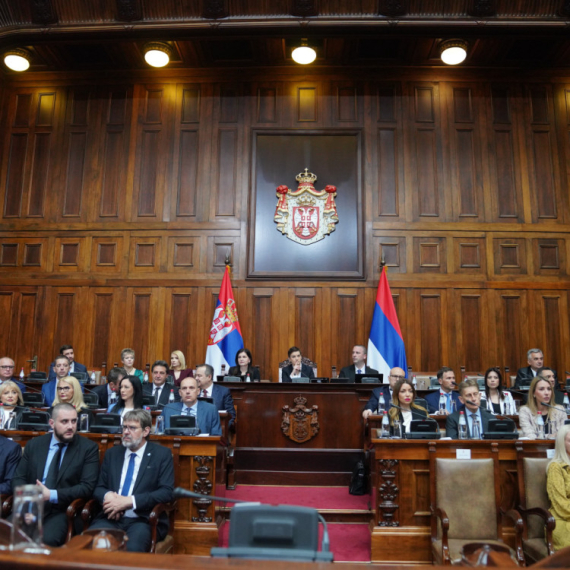

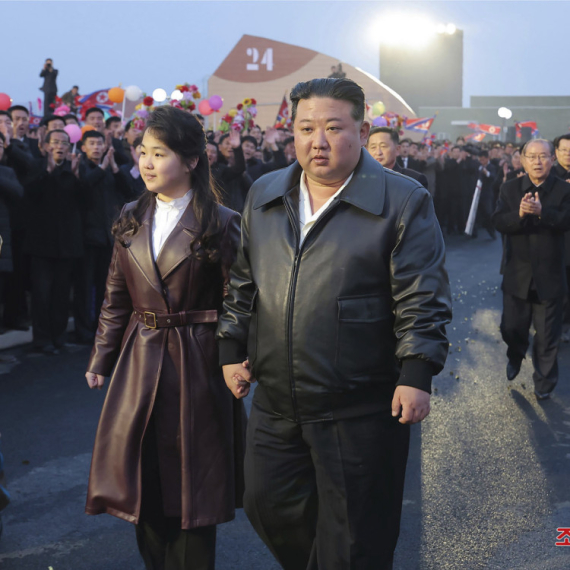

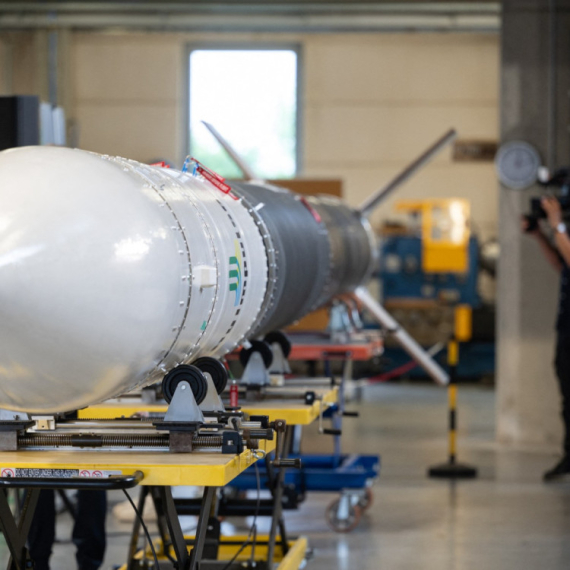







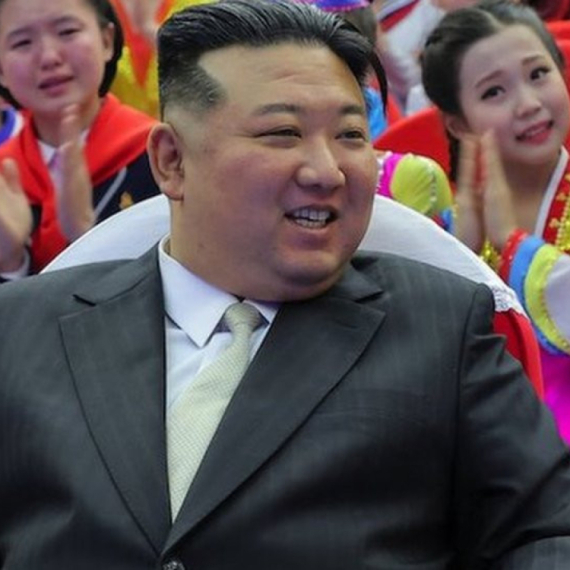

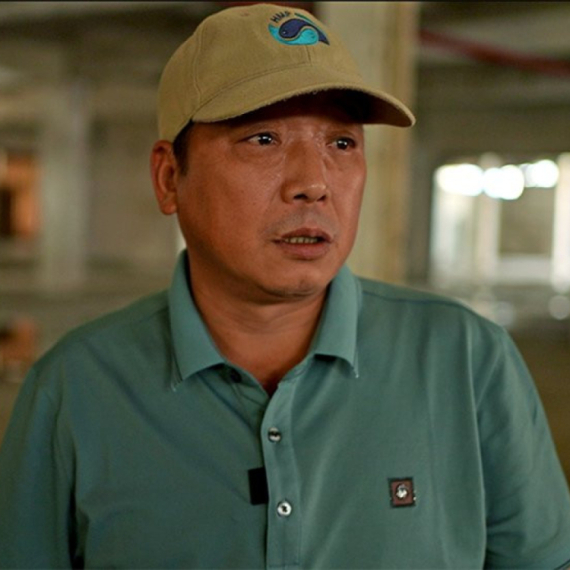



Komentari 21
Pogledaj komentare